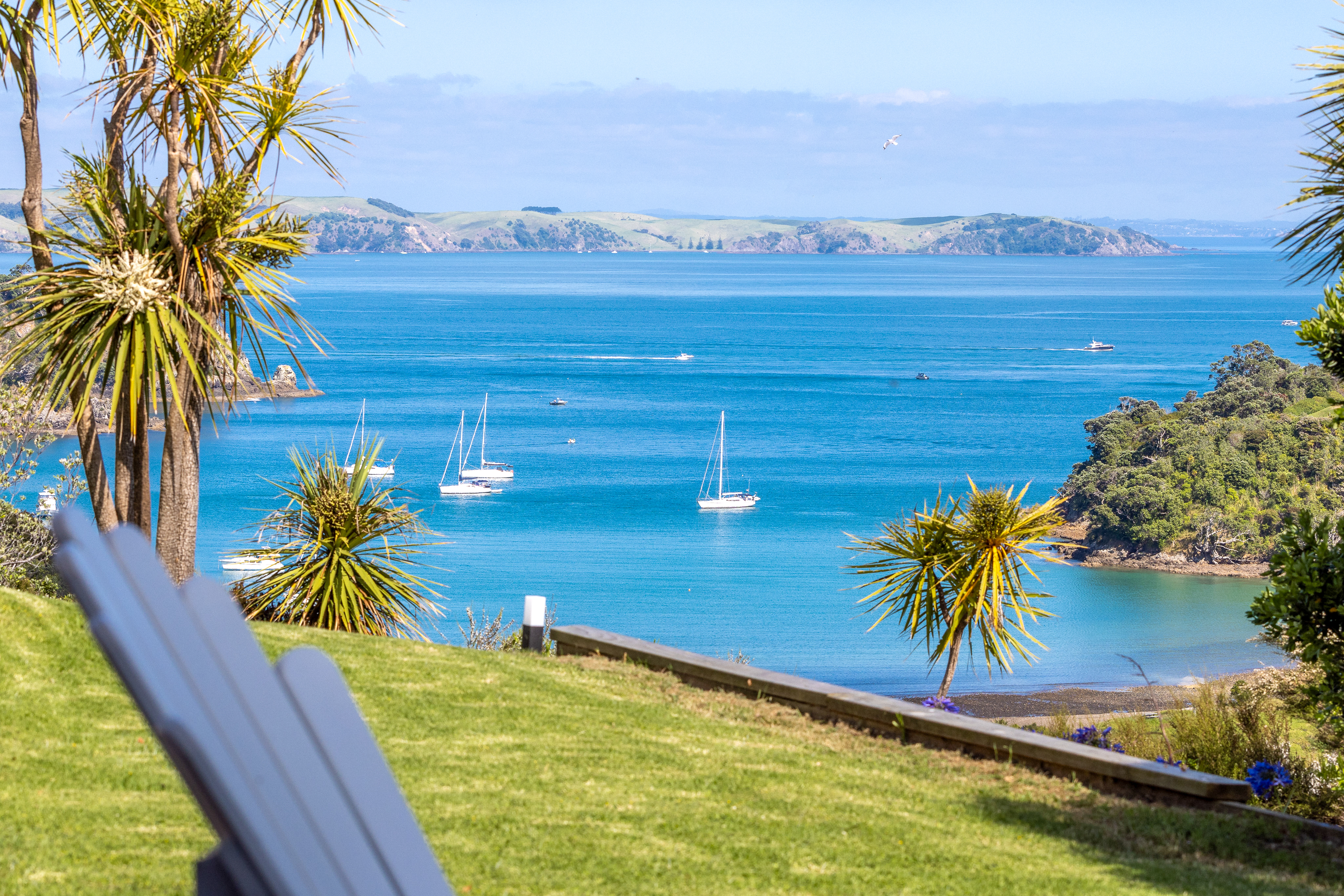According to a recent report in the New Zealand Herald, net investment in New Zealand from overseas fell from $1.3 billion last year to $493 million this year.
Data from the Overseas Investment Office shows a decline in the number of deals the OIO has signed off, with approvals dropping from 23 in the first three months of 2017 to 13 in the first three months of this year.
So, what does this mean for the property market?
The Government signalled last year that it planned to pass legislation banning foreigners from buying New Zealand houses and lifestyle properties.
Start your property search
Proposed changes to the Overseas Investment Act, which the government says will bring New Zealand into line with neighboring Australia, will classify residential land as "sensitive", meaning non-residents or non-citizens can’t purchase existing dwellings without the consent of the Overseas Investment Office.
While non-resident foreigners will be allowed to invest in new construction, they will be forced to sell once the homes are built.
The Government says the Overseas Investment Amendment Bill is designed to stop foreign speculators buying houses which would otherwise be available for New Zealanders.
However, critics claim non-residents buy only a tiny percentage of homes sold and that the changes will worsen housing supply.
The International Monetary Fund recently lended its voice to the growing row, claiming that the changes were "discriminatory" and hinting that banning foreign investment in housing was an over-reaction to a problem that might not even exist.
IMF division chief for Asia and Pacific Thomas Helbling said earlier this there were other ways for the Government to respond if large volumes of unwanted foreign money suddenly flowed into New Zealand's property market.
Any such measures should be "temporary and targeted", Helbling said, whereas the buyer ban is a "very definitive measure" and could send a negative signal to foreign investors more broadly.
Real estate agent Graham Wall told the Herald this week that he had noticed a change in foreign buyer interest but that New Zealand remained extremely attractive.
Bayleys National Residential Manager Daniel Coulson agrees. "While the majority of buyers in New Zealand are local, there is still strong overseas interest in New Zealand. Much of the interest is coming from Australia, which along with Singapore would be exempt from the ban," he says.
Bayleys is highlighting Kiwi properties at the Australian Property Expo next week, and Mr Coulson says that the country is home to a a rich and deep buyer pool.
"The number of people from offshore looking at all the benefits that New Zealand provides creates additional demand and gets as many potential buyers to a person’s listing," Mr Coulson says.
"Significantly, Australia is home to large expat community, with an estimated half a million Kiwis living and working there.
"In the last year, more than 32,000 expats have returned to New Zealand and more than 46,000 migrants entered the country, with the majority of these coming from Australia.
"There is a significant benefit for people to market their home at expos such as Sydney."
As for the wider market, Greg Knowles, a KMPG tax deal advisory partner, says that OIO numbers for the first three months of the year did not reflect the reality.
"Interest in New Zealand is as strong as it has ever been," he told the Herald.
"There's been no drop-off. The market is very healthy which is a pleasant surprise," Knowles said.
He said foreign interest was coming mainly from Australia and the United States.










































































